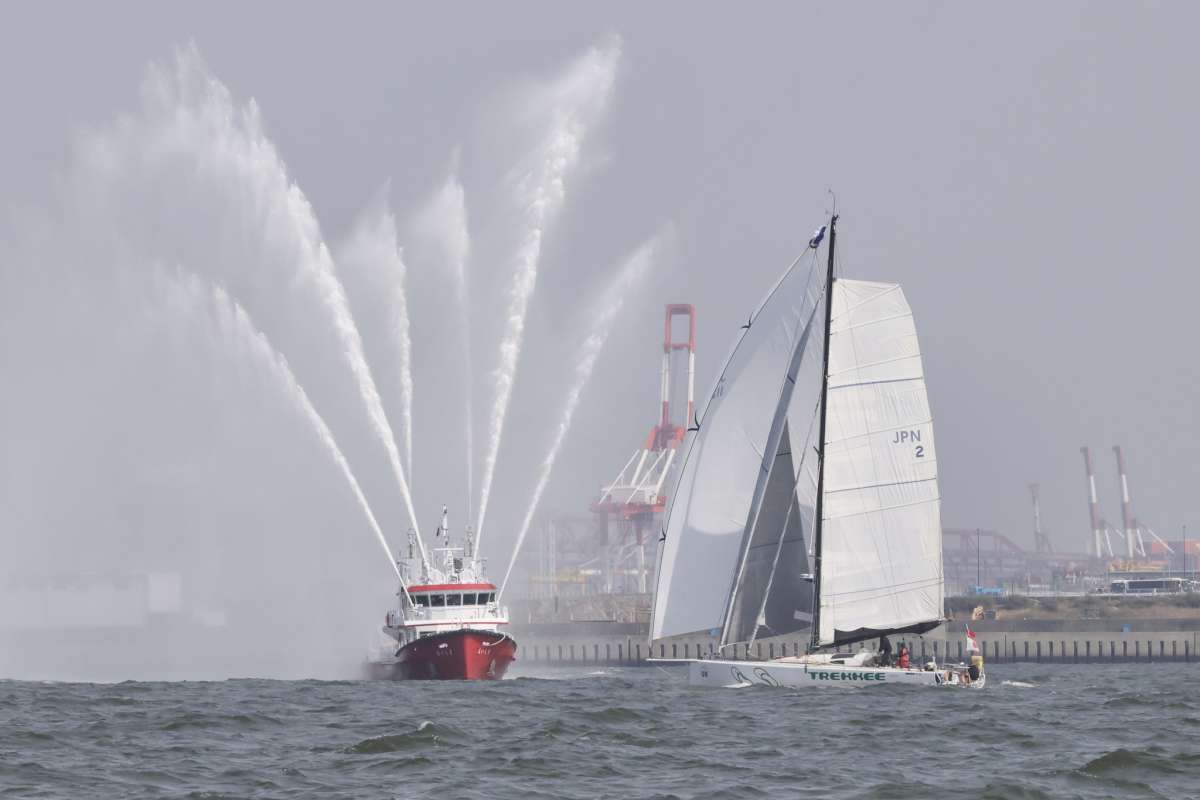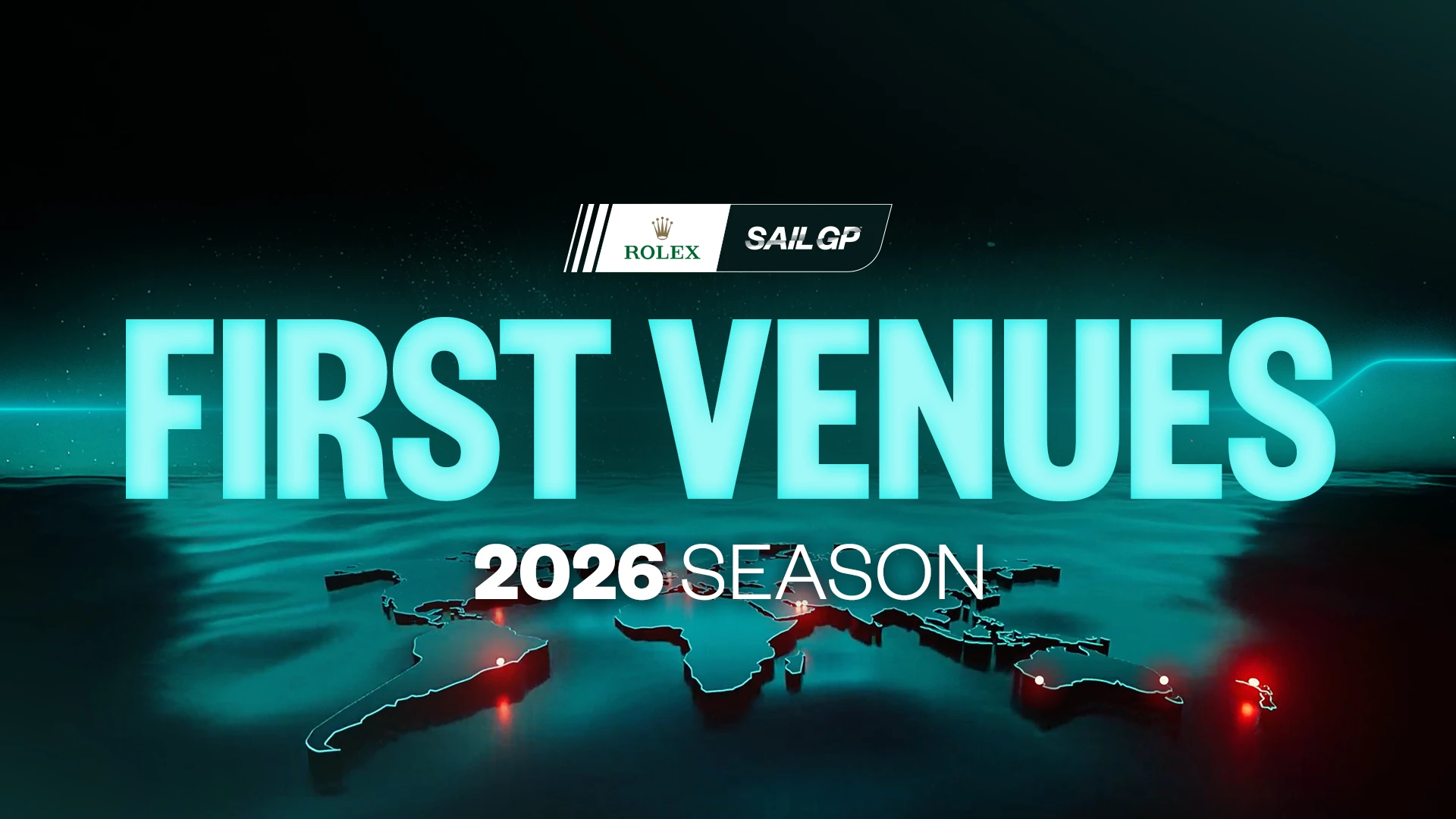Australian scientists are joining a privately-funded circumnavigation of Antarctica to investigate the impact of micro plastics and conduct a detailed whale survey.
The Antarctic Circumnavigation Expedition is a philanthropic project by polar explorer Frederik Paulsen and coordinated by the Ecole Polytechnique Fédérale de Lausanne and the Swiss Polar Institute.
The first scientific expedition to fully sail around the southernmost continent will measure the impact of climate change and pollution in the Southern Ocean.
The project is made up of 55 researchers from 30 countries working on 22 research projects from the Akademik Treshnikov, a Russian ship dedicated to scientific research. The three-month voyage will visit 13 of the island groups surrounding the Antarctic continent including Australia’s Heard Island. The voyage will depart Cape Town in December and will call into Hobart.
From Australia, scientists from the Australian Antarctic Division will be joined by colleagues from Curtin University, Monash University, Swinburne University and the Museum of Western Australia. The Australians will gather new material on whale populations.
“Many species of Antarctic whales make loud distinctive sounds, and within a species these sounds may vary with the geographic region in which they are recorded,” says Brian Miller, an Australian Antarctic Division Marine Mammal acoustician.
“We will use new instruments and methods to listening to the whales which will provide us with data on the distribution of Antarctic, sub-Antarctic and sub-tropical whales.”
Dr Dana Bergstrom, Australian Antarctic Division principal research scientist, will lead a project investigating the impact of micro plastics on the Southern Ocean food web. “Millions of tonnes of plastics reach marine environments every year and while the Southern Ocean is assumed to be relatively free of pollutants, increasing quantities of plastic are washing up on sub-Antarctic islands and on the Antarctic coastline,” says Dr Bergstrom.
























